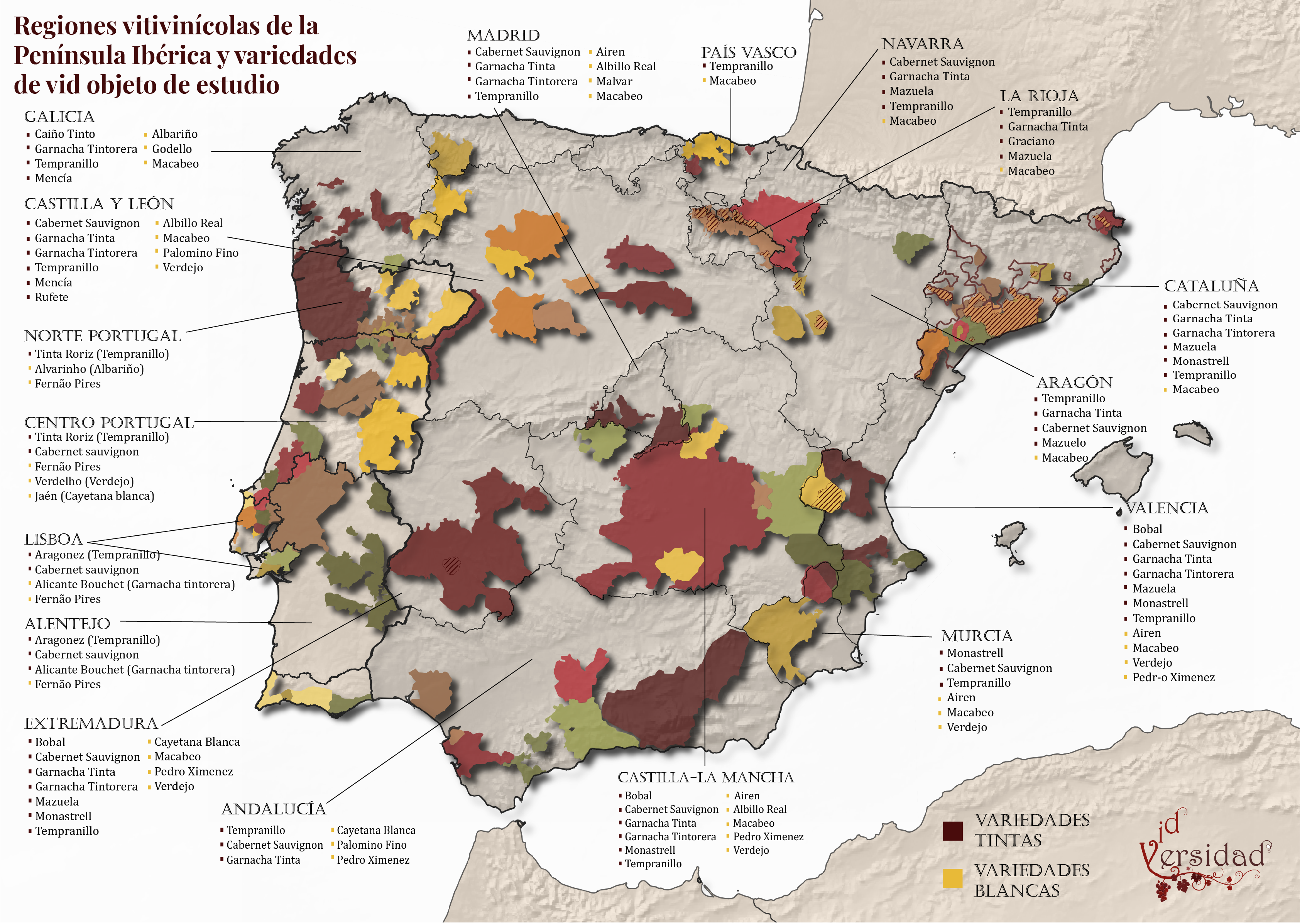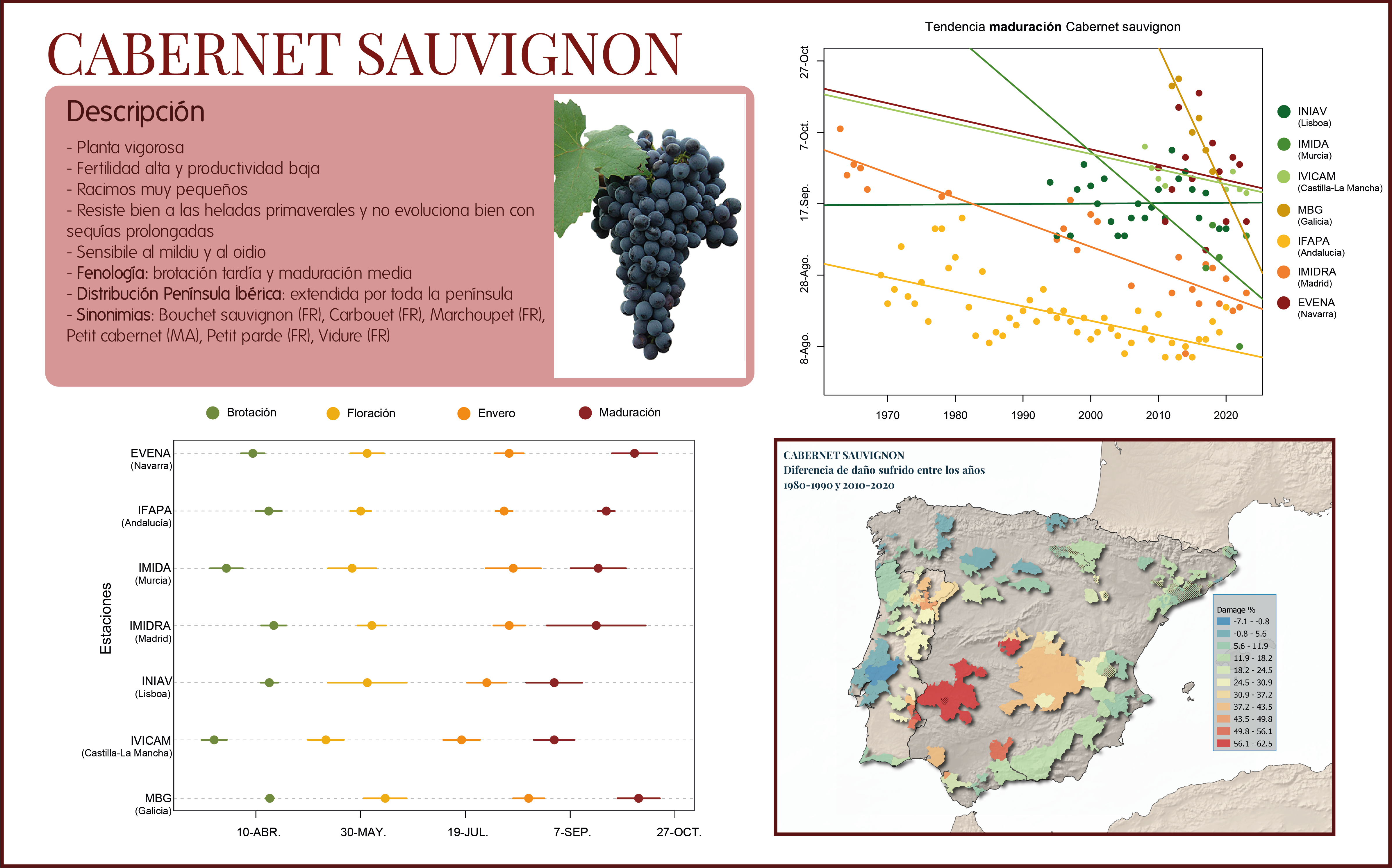
Agriculture and viticulture may be threatened by climate change in terms of yields and quality of crops. According to a recent study conducted by the Enterprise and Climate Foundation (i.e. Vin & Adapt), there is a great concern of wine growers in the face of the consequences that climate change can bring to winegrape cultivation. Among others, future challenges include making research results available and usable by growers and wine makers as well as offering rigorous studies informing solutions allowing to adapt viticulture to climate change. To do so, it is necessary to predict how will their crops perform in the future. This has not yet been possible due to the absence of centralized data on phenology, agronomy and oenology, for a sufficient number of winegrape varieties, at a broad enough geographic and temporal context.

